TV Review: We Need to Talk About Cosby
Reckoning with the legacy and crimes of Bill Cosby.
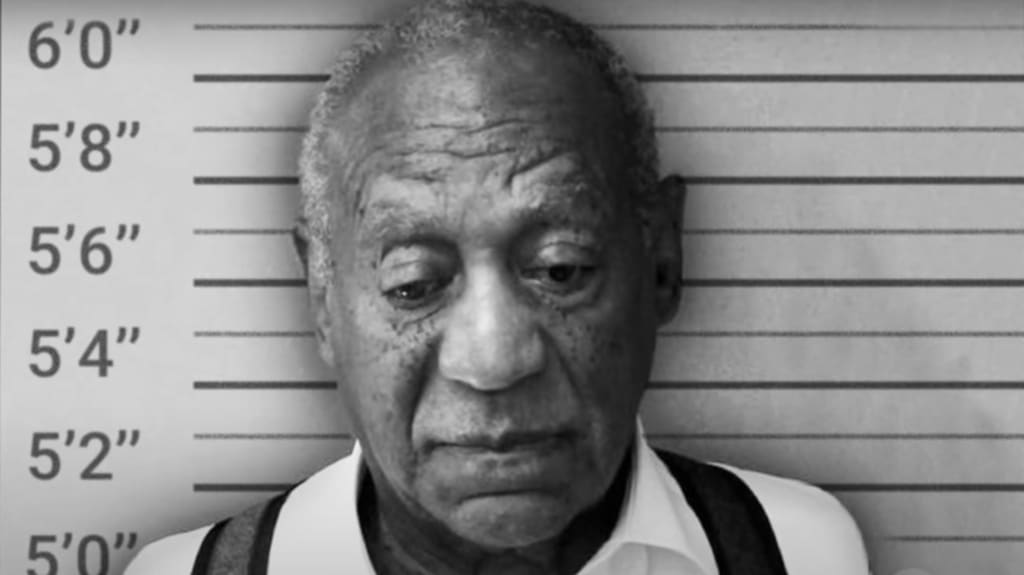
I believe the women who have accused Bill Cosby of sexual assault. As much as it hurts my heart to say it, the consistent and credible testimony of more than 70 women dating back to the mid-1960s and into the early 2000s, is simply undeniable. But believing that is not easy for me. As a member of Generation X, I grew up watching Bill Cosby. My first memories of my childhood are Picture Pages and Fat Albert. When The Cosby Show began I was the same age as Tempestt Bledsoe’s Vanessa.
Bill Cosby had a way of making all kids feel like they were his kids. And, as someone whose father wasn’t around much when I was growing up, I became a child of television. TV was my babysitter and the most consistent presence on that television was Bill Cosby. I may be white but I maintain to this day, Bill Cosby was like a father to me. When he lectured Theo about the real world and what it cost to live in the real world, to live like an adult, he wasn’t just talking to Theo, he was talking to a generation of kids like Theo, kids like me.
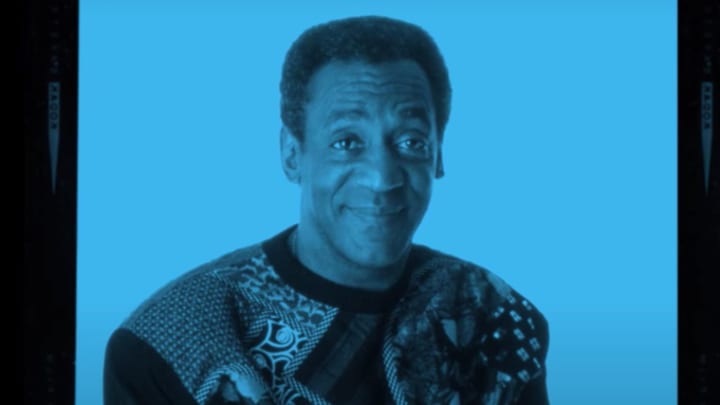
In college I finally discovered Bill Cosby Himself. I’d been aware of Bill Cosby’s stand up work but watching that special was transformative for me. George Carlin was my hero and Bill Hicks was an icon but if I quoted comedy in college, inevitably, I quoted Bill Cosby Himself. It became a lifelong bond with my friend Mike and we can’t get together without still bringing it up. Now, of course, the conversation is rueful and regrettable because we know who Bill Cosby is now.
I say all this as a lengthy and personal preamble to my review of W Kamau Bell’s sprawling, personal, and authoritative Showtime Docu-Series, We Need to Talk About Cosby. In this four part, four hour series, Bell talks with comedy writers, Cosby co-stars, culture writers, College Professors, and fellow comedians about Bill Cosby, his place in culture, his place in Black culture, and the effect his crimes have had on how we view our collective pop culture history. It’s a full on reckoning of our collective pop culture memories, the genuine impact that Cosby made with millions of people. Our para-social relationship with Bill Cosby was arguably unlike any star in Hollywood history.
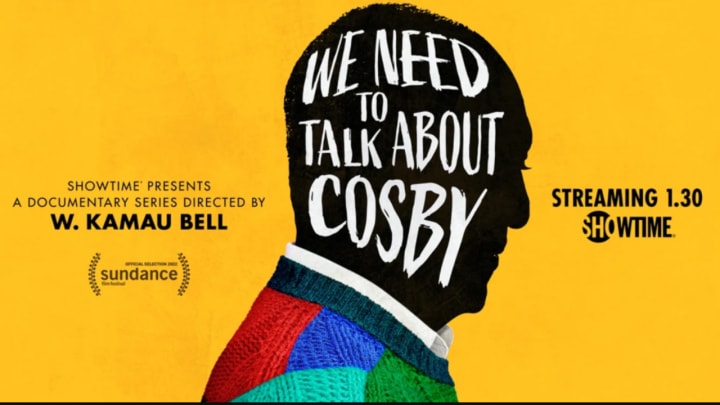
But it’s not just about pop culture, it’s not just about how we viewed Bill Cosby then versus now. We Need to Talk About Cosby also features in-depth and powerfully compelling interviews with several of the women Bill Cosby is alleged to have sexually assaulted over a career spanning decades. I have to say alleged because, though I believe the victims, technically, Bill Cosby hasn’t been convicted of anything. I can call Bill Cosby creepy, a hypocrite, and any number of things, but in a court of law, Bill Cosby has not fully faced the music.
Cosby did spend time in prison but, just as We Need to Talk About Cosby was in production, Cosby was released from prison on an appeal to the rape conviction that had put him behind bars. It’s a jaw dropping moment in the documentary and you can sense how rocked everyone involved was by Cosby’s release. I doubt Bill Cosby will ever read this or desire to sue me, but ‘allegedly’ is nevertheless my shield.
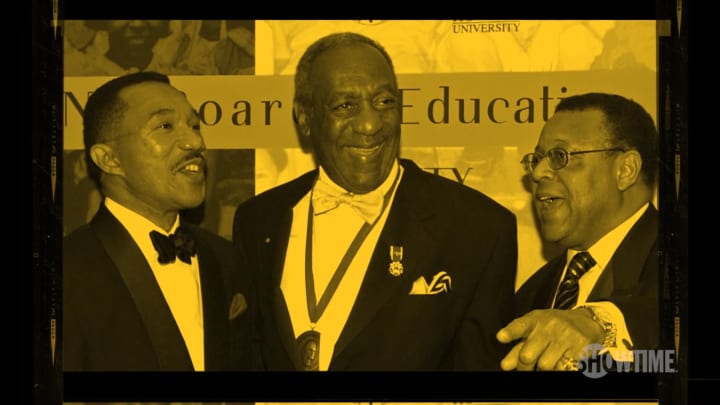
Over the four hours of We Need to Talk About Cosby, W Kamau Bell adds layer upon layer of history on top of the powerhouse interviews with the women accusing Cosby of sexual assault. Bell wants us to remember the Bill Cosby of legend, the TV star, the comic, the icon of children’s TV and sitcoms, because it is exactly that cover that Cosby used to position himself with these women. Who would ever suspect Bill Cosby, America’s Dad, a man beloved by children and adults alike. Cosby built an empire on this squeaky clean persona, he did everything to become a moral authority, a paragon of virtue, and then he used that public image as cover, according to these women, to assault women.
Uniformly, the stories told by each of these women are the same. Cosby sees them, invites them to meet privately. He makes a promise about their career or a promise of tickets to a show or other such enticements. The women arrive and find themselves alone with Cosby. He insists that they have a drink. If they refuse or resist, he gets visibly upset, a tantrum. Once the victim has taken the drink, the room begins to spin. Invariably, each woman wakes up hours later, clothes removed, with a callous Cosby urging them to leave quickly. The sameness of each story is compelling but even more convincing than that is the conviction with which each woman tells their story. Bell trains the camera on each woman allowing them to speak uninterrupted, tell the story.
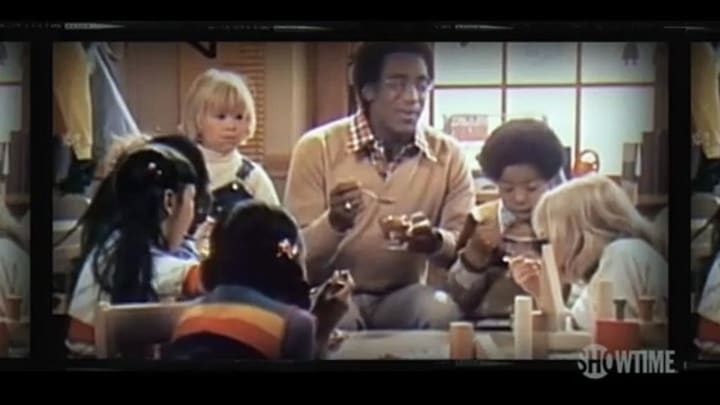
Among numerous engrossing aspects of We Need to Talk About Cosby are the tiny details that Cosby himself dropped throughout his career. In each aspect of his career, from stand up comedy to The Cosby Show, to interviews on Larry King Live, Cosby would drop these little anecdotes about drugs, specifically the aphrodisiac/date rape drug, Spanish Fly. The most potent of Cosby’s drugs however was Quaaludes, a drug he joked about a few times throughout his life. Quaaludes were huge in the 1970s, a party drug that were so prevalent at the time that many would not have questioned being given a Quaalude rather than having one fed to them unknowingly.
There are numerous deeply striking moments in We Need to Talk About Cosby. This docu-series is thorough, thoughtful, shocking and insightful from beginning to end. I binged through all four hours of We Need to Talk About Cosby in a single night and that was because I was simply engrossed in the history, the reality, and the heartache that lingers at the center of We Need to Talk About Cosby. The documentary is squarely on the side of the Cosby accusers, as it should be, but part of what makes the series hit so hard is our shared para-social grief over the loss of something that meant so much to so many of us.
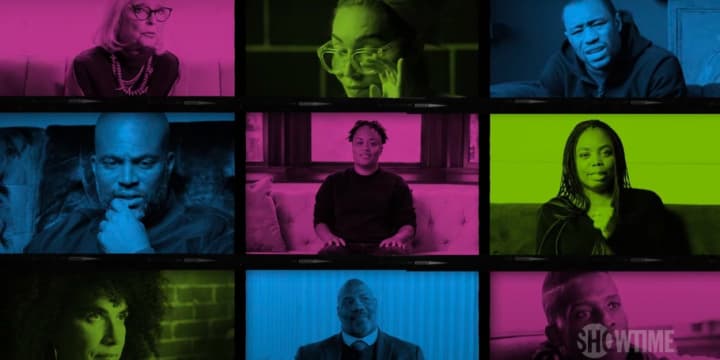
I can only imagine that We Need to Talk About Cosby hits a little differently for black people. When Jet Magazine tackled the topic of Cosby’s alleged crimes the backlash was swift and angry. Conspiracy theories bounded around about how all of this was intended to bring a prominent black man down. Some claimed it was a liberal, woke conspiracy against Cosby because he’d become a conservative in recent years, lashing out against young black men in grumpy rants to ever more enthusiastic right wing audiences. We Need to Talk About Cosby bats these conspiracy theories away with relative ease.
We Need to Talk About Cosby feels urgent and necessary. The topic is of the moment not merely because of Cosby being released from prison just as the documentary was being made but rather because Cosby's downfall reflects the culture wide reckoning that has occurred over the last several years via the #MeToo movement and the public reckoning over people such as Harvey Weinstein, Louie C.K, and James Franco, among others. Cosby's footprint is far larger than any of the other scandal plagued celebrities that come to mind when we talk about predatory Hollywood creeps. That's why Cosby requires a four hour docu-series deep dive into what he's done in public and unfortunately, in private.
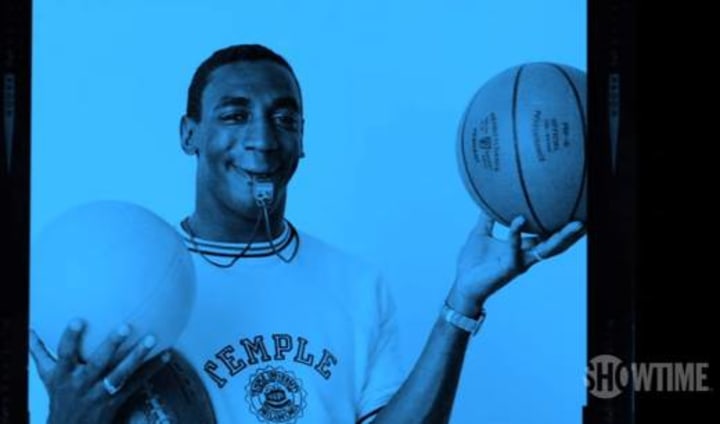
We Need to Talk About Cosby debuts on Showtime on January 30th, 2022.
About the Creator
Sean Patrick
Hello, my name is Sean Patrick He/Him, and I am a film critic and podcast host for the I Hate Critics Movie Review Podcast I am a voting member of the Critics Choice Association, the group behind the annual Critics Choice Awards.


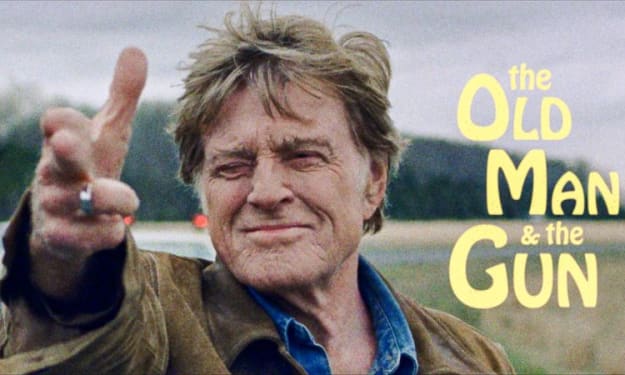



Comments
There are no comments for this story
Be the first to respond and start the conversation.